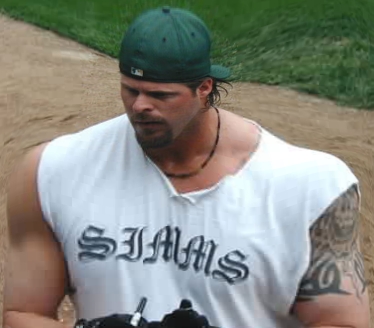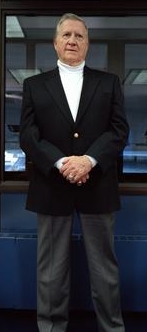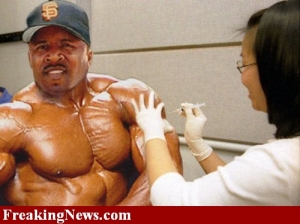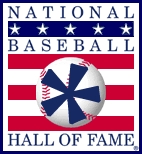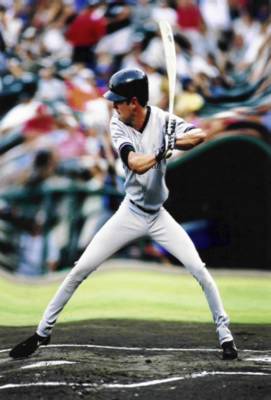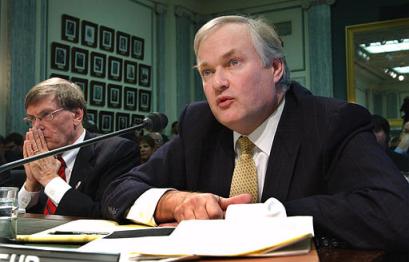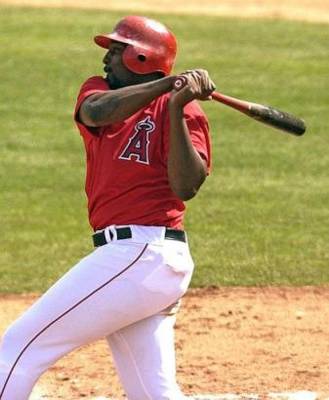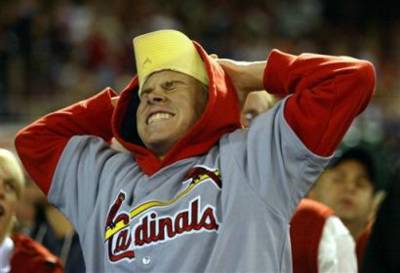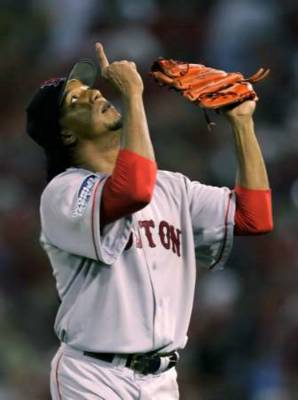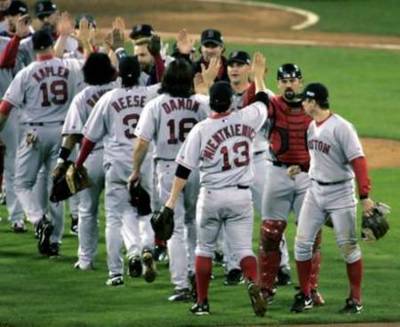The 2005 Baseball Hall of Fame voting results will be announced today.
Stark Bias
Numerous writers have constructed arguments and reasoning, sound and otherwise, for the players they supposedly think are most worthy of induction. You can read several of these at ESPN.com, if you haven't already, but be aware that the voters, just like the rest of us, are biased. So, in some cases, what they do is look for reasons to induct their favorite players, rather than just the best.
There is perhaps no better example of this than Jayson Stark. I do not mean to say that he's anything less than a decent human being, just that his judgment is somewhat clouded on these issues. If you look at the list of his votes, you find Boggs, Ryne Sandberg, and others that make a lot of sense, but then you find Jack Morris, without Bert Blyleven, which doesn't make a lot of sense, as I argued last year. You find Dale Murphy, even though nobody else who works for ESPN thinks Murphy deserves a vote, and no more than 10% of the writers voted for him last year.
Stark cut his teeth as a beat writer for the Philadelphia Enquirer, in the 1980s, so his picks are slanted toward players who were dominant in those days and places. It doesn't make Stark a bad person or a bad writer, just a little biased, like all of us.
Wade Bogged Down by Bickering
This year, sadly, Wade Boggs is the only sure-fire candidate. I say "sadly" not because I think that other candidates ought to be sure-fire, just that I wish there were more. A few years from now, when Tony Gwynn, Cal Ripken and Mark McGuire all appear on the ballot for the first time, I'll probably complain that there are too many great players to do each of them proper justice in the remembering.
But for now, I'll complain that the media arguments over the likes of Bruce Sutter and Ryne Sandberg serve to do little more than take away from what should be a celebration of one of the half-dozen or so greatest third basemen who ever played major league baseball. Think about it: Who was better than Boggs? Mike Schmidt? OK, no argument there. Eddie Matthews? Sure. George Brett? Push. After that, it get's pretty tough to make an argument against Boggs. Paul Molitor only played 3B for less than half of his career games. Ron Santo? An argument can be made for his candidacy, but not that he was a better player than Boggs. Brooks Robiinson? Perhaps the greatest defensive 3B ever, but a .267 career average made him just barely above mediocre as a hitter. Pie Traynor? Not even close, and nobody else is even worth discussing.
So give Boggs the acclaim he deserves, as the greatest, and an appropriate first-ballot selection to Cooperstown.
Relievers Getting Little Relief
Now the rest of the field, as usual, is as clear as mud.
ESPN's Rob Neyer pointed out some holes in the arguments for Bruce Sutter as Hall-worthy, so I won't rehash those here, but he also asked about the weird voting results in the five years since Goose Gossage has been elligible. One reason I didn't think of yesterday is that a lot of guys get a boost in their second year on the ballott, because a lot of beatwriters won't vote for anyone on their first try, just as a rule. A silly rule, but some writers still consider that there's a difference between a first ballot Hall-of-Famer and Everyone Else.
For my part, in response, I sent Rob this:
A suggestion for the wacky HoF voting results on relief pitchers...
For one thing, the apparent "drop" in 2002 is not as severe as it looks, or rather, not a drop at all for Sutter. There were 515 members voting in 2001, but
only 472 the following year. Their percentages were much closer than the votes:
Goose: 44.3% in 2001, 43.0% in 2002
Bruce: 47.6% in 2002, 50.4% in 2002
The jump in 2002 may have been due to the relatively weak voting field (only Ozzie Smith got in), but that still doesn't explain why Goose lost, and has
continues to lose, support.
With that said, I think there are probably two reasons that Sutter's support continues to grow while Goose's fades. For one thing, people think he invented the
splitter, and a lot of pitchers have made a living off that pitch since then.
For another, and I know it's stupid, Sutter's career numbers just look nicer. His page on baseballreference.com is nice and neat, with evenly spaced columns and some bold type on the leaderboards. It makes it look like he played his heart out for a
decade or so and then nobly hung up his spikes when he couldn't compete like he wanted to, like Sandy Koufax or Joe DiMaggio or something.
Gossage changed roles a few times, and the perception (I think) is that he stuck around a little too long, past his "dominant" stage.
It's also possible that the voters are developing a better appreciation for relative ERA and that Sutter's edge in that stat (136 to 126) helps him, but I
wouldn't want to wager any money on that.
Personally, I'm with you on Gossage. I think he should already be in the Hall, as I argued in one of my first Blog posts over two years ago.
Ironically, Gossage doesn't even garner additional support for the types of dumb things that voters usually like, such as:
A. Postseason success: 3 World Series teams compared to one for Sutter. Of course, his teams lost two of those.
B. Country Hardball: Clocked at 103 mph in an All-Star game, 1973, I think. Sutter (traditionally) should get demerits for succeeding with a "trick pitch" like Phil Niekro or Burleigh Grimes.
C. Adapting: Was a great relief ace, and when asked to start, he gave the last-place ChiSox 224 innings of roughly league average work, then went back to closing and succeeded at that for nearly a decade. Became a middle reliever, and gave another 5 years of effective work.
D. Longevity. Goose provided better than league average ERAs three times after his 39th birthday. If he'd been a lefty, he'd probably still be pitching.
E. "Moxy." The fu-manchu. The potbelly. The heat. He was an intimidating SOB, you have to admit.
And he was also a great relief pitcher, one of the best we've ever seen, and for a lot longer than Sutter. His career numbers stack up nicely against Hall of Famer Rollie Fingers, who's probably in because he was the first player to record 300 saves and because he retired young enough not to allow the beatwriters' memories of his dominance to be clouded by memories of his late-career struggles. That, and the moustache.

